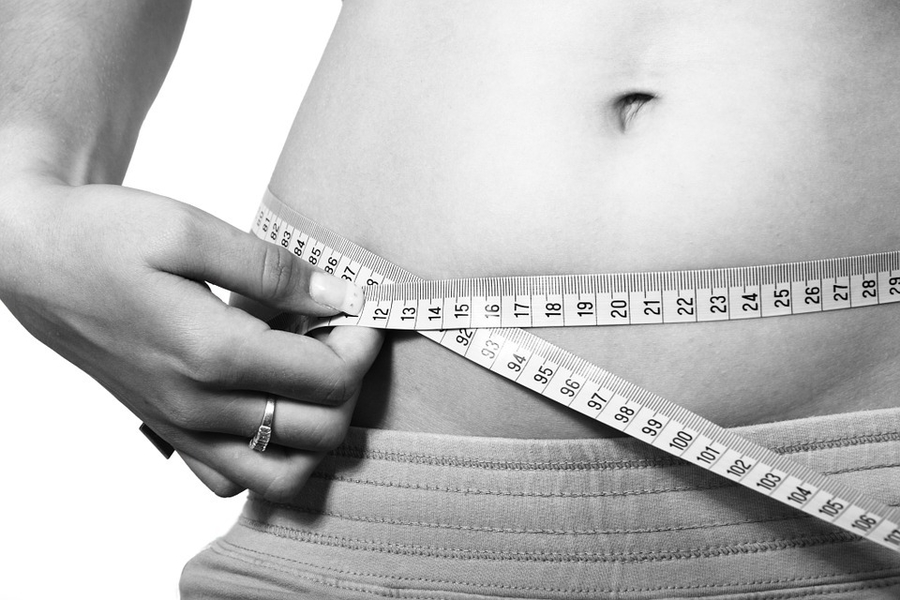
Weight Loss Tips After Pregnancy
6 Jul 2018 | 4 min Read
Babychakra
Author | 1369 Articles
You have now brought a cute little life into this world! Congratulations on that. Hope you have started enjoying the fast-paced, always-on-your-toes life that your little one has gifted you with! However, along with that happiness and joy comes the obvious anxiety of losing all that baby fat you have put on during the course of your pregnancy.
Fret not, it will all go away in some time on its own. However, if that didn’t convince you, here are some effective after pregnancy tips that could help you lose those extra pounds and get in shape.
After Pregnancy Tips to get you Back in Shape
The minute you start your search on this, your loyal Google would have given you millions of hits on after pregnancy tips for weight loss. But don’t beat yourself too much on that because you only need few healthy lifestyle choices to get you started with your weight loss plan.
Eat Healthy
After 9 months of food cravings and “eating for two”, now is the time to start making a conscious effort to cut down on your junk. That doesn’t mean you should start dieting. Dieting would only mean depriving your post-partum body the energy it requires to bounce back. Eat fresh fruits and vegetables, wholesome grains, lean meat, and food loaded with fibre. Eat small portions 5-6 times a day to ensure proper digestion and absorption. Avoid fatty, fried, and sugary food.
Breastfeed Regularly
One of the most fool-proof after pregnancy tip to lose weight naturally is to breastfeed. You can burn your calories faster by breastfeeding. Also, it helps your uterus contract and revert to its normal size. However, avoid sudden and drastic weight loss for the time span that you need to breastfeed your little one regularly, as it may have an adverse effect on your milk flow.

Exercise Regularly
While it is imperative that you don’t push yourself and your post-partum body into rapid weight loss through a strenuous exercise regime, you need to start working out a bit as soon as you are ready to lose your baby fat. Start with 20 minutes of brisk walking and gradually increase the time month on month. One more method you could try for weight loss is yoga. Check with your medical practitioner before you start any fitness regime to ensure it is safe for you. You can slowly add jogging, cycling, running, and other light cardio exercises to your fitness regime as and when you feel ready.
Avoid Alcohol and Drink Lots of Fluids
It is a known fact that drinking enough water would help you burn your calories faster. It also keeps you hydrated and replaces the fluids your body lost due to breastfeeding and producing milk. Additionally, it would boost your metabolism, naturally helping you with weight loss. Also, avoid alcohol consumption as it tends to make you feel hungry even after eating. You are more likely to binge eat after consuming alcohol and hence add on to your post-partum weight.
Get Adequate Rest
While this is easier said than done, new mothers must find ways to get their daily dosage of sleep to stay fit and lose their post-partum weight. There is a study that points out that sleep deprivation can lead to weight retention. Ensure that you have someone to tend to the baby when you are sleeping.

An Afterthought
Post delivery, you must be more focused on staying healthy. Weight loss would happen at its pace naturally if you are healthy, adequately nourished, and make good lifestyle choices as mentioned above. By following these healthy tips, you can not only lose all your excess weight but also enjoy your time with your newborn.
A


Related Topics for you
Suggestions offered by doctors on BabyChakra are of advisory nature i.e., for educational and informational purposes only. Content posted on, created for, or compiled by BabyChakra is not intended or designed to replace your doctor's independent judgment about any symptom, condition, or the appropriateness or risks of a procedure or treatment for a given person.
